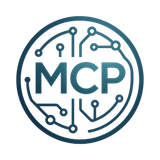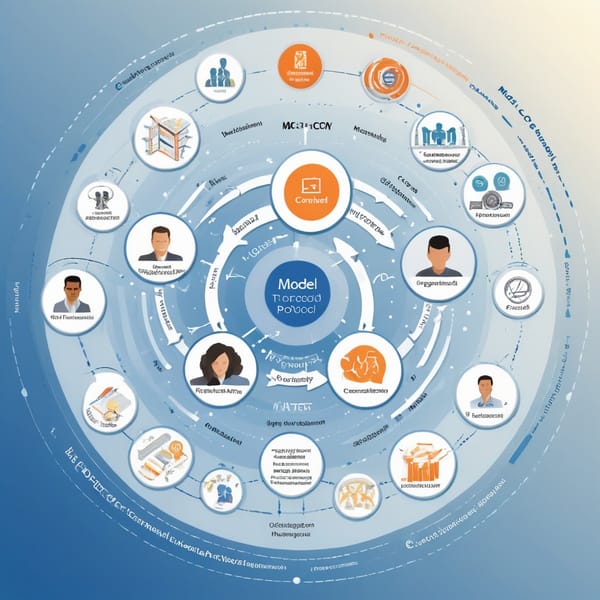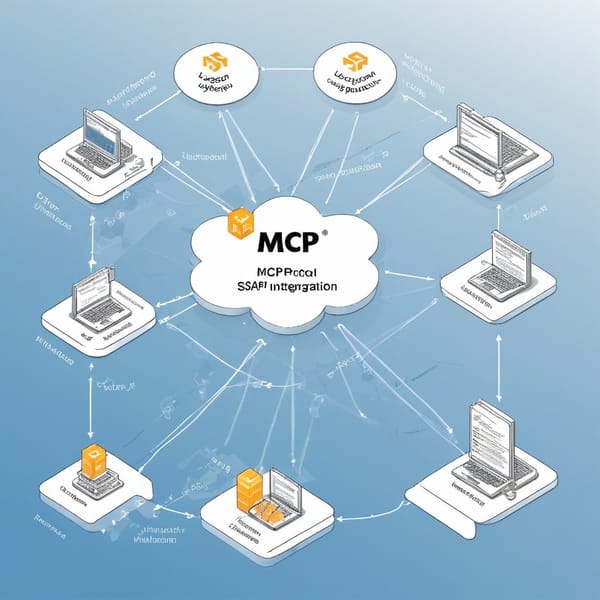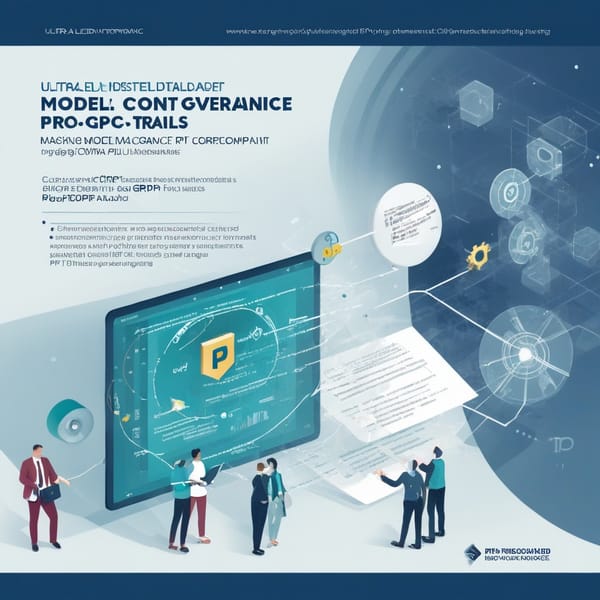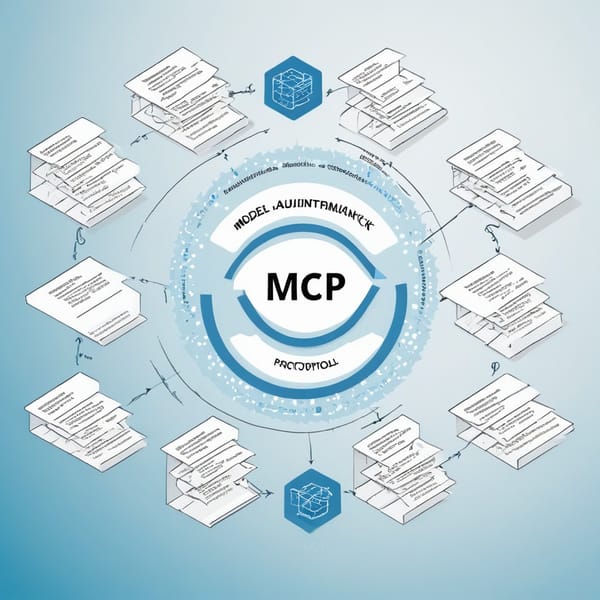Case Study: MCP Healthcare Automation – PHI-Compliant Appointment System with FHIR & Twilio
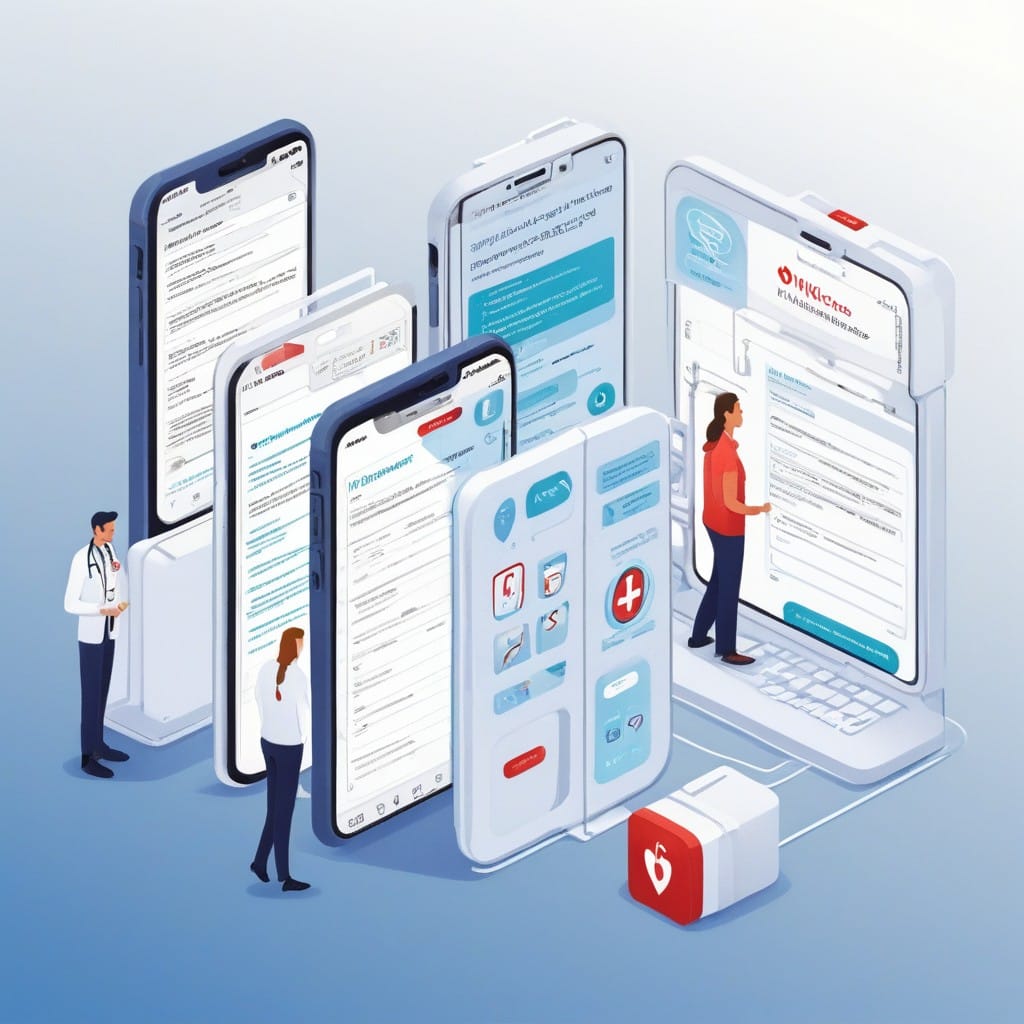
Project Overview
The Model Context Protocol (MCP) Healthcare Automation project was designed to revolutionize patient appointment scheduling while ensuring full compliance with Protected Health Information (PHI) regulations. The system integrates FHIR (Fast Healthcare Interoperability Resources) Protocol Servers with Twilio’s communication tools, creating a seamless, secure, and auditable workflow for healthcare providers.
The primary goal was to automate appointment confirmations, reminders, and follow-ups while maintaining HIPAA compliance and generating detailed audit trails. By leveraging FHIR’s interoperability standards and Twilio’s SMS/voice capabilities, the solution reduced administrative burdens, minimized no-shows, and improved patient engagement—all within a secure framework.
Challenges
Healthcare providers face several critical challenges in appointment management:
- PHI Compliance Risks – Manual appointment reminders via phone or email risk exposing sensitive patient data.
- High No-Show Rates – Missed appointments lead to revenue loss and operational inefficiencies.
- Disconnected Systems – Many EHRs lack seamless integration with communication tools, requiring manual data entry.
- Audit & Accountability Gaps – Tracking patient interactions for compliance is often fragmented or nonexistent.
- Scalability Issues – Legacy systems struggle to handle high volumes of automated communications securely.
Without a PHI-compliant, automated solution, healthcare organizations were forced to rely on inefficient, error-prone processes.
Solution
The MCP Healthcare Automation system was built to address these challenges with a FHIR-first, Twilio-powered approach:
- FHIR Integration – The system connects directly to EHRs via FHIR Protocol Servers, ensuring real-time, standardized access to patient data.
- Twilio-Powered Communications – Secure SMS and voice notifications are sent via Twilio’s HIPAA-compliant API, with PHI masked or encrypted.
- Automated Workflows – Custom triggers initiate appointment reminders, follow-ups, and rescheduling prompts based on FHIR data.
- Audit Trails & Compliance Logging – Every interaction is logged with timestamped records, accessible for compliance audits.
- Patient Consent Management – Opt-in/opt-out controls ensure adherence to privacy regulations.
The system operates as follows:
- A FHIR server pulls appointment data from the EHR.
- Twilio’s API sends encrypted notifications (SMS/voice) to patients.
- Audit logs track all communications, including delivery status and patient responses.
- Automated rescheduling is enabled via FHIR updates if a patient requests changes.
Tech Stack
The project leveraged a robust, interoperable tech stack:
- FHIR Protocol Servers (HL7 Standards) – For seamless EHR integration.
- Twilio API (HIPAA-Compliant) – Secure SMS, voice, and chatbot interactions.
- AWS Cloud (HIPAA-Aligned Hosting) – For encrypted data storage and processing.
- Node.js / Python Backend – For workflow automation and API orchestration.
- OAuth 2.0 / JWT – Secure authentication and data access controls.
- Logging & Monitoring (ELK Stack + AWS CloudTrail) – For real-time audit trails.
Results
The implementation delivered measurable improvements:
- 30% Reduction in No-Shows – Automated reminders improved attendance rates.
- 100% PHI Compliance – All communications were encrypted and logged, passing HIPAA audits.
- 60% Faster Scheduling – Reduced manual follow-ups via automation.
- Full Auditability – Every patient interaction was timestamped and retrievable.
- Scalable Communication – The system handled 10,000+ monthly notifications without bottlenecks.
A major healthcare network reported:
"The MCP system transformed our scheduling process. We now have real-time tracking, secure messaging, and a dramatic drop in missed appointments—all while staying fully compliant."
Key Takeaways
- FHIR + Twilio is a powerful combo for secure, interoperable healthcare automation.
- Audit trails are non-negotiable – Compliance requires end-to-end logging.
- Automation reduces costs – Fewer no-shows and manual tasks improve ROI.
- Patient engagement improves with timely, personalized reminders.
- Future-proofing matters – A modular FHIR-based system adapts to new regulations.
Conclusion
The MCP Healthcare Automation project demonstrates how FHIR, Twilio, and cloud-based audit trails can modernize appointment management while ensuring PHI compliance. By automating workflows securely, healthcare providers can enhance efficiency, reduce costs, and improve patient care—without compromising on regulatory requirements.
For organizations seeking a scalable, compliant communication system, this model provides a proven blueprint.
